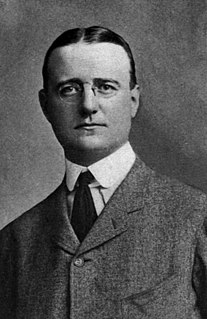A Quote by Tom Perez
Companies are recognizing that paid leave reduces training and turnover costs, that it's a formula for recruiting and retaining good workers.
Related Quotes
We have seen numerous instances in which American businesses have brought in foreign skilled workers after having laid off skilled American workers, simply because they can get the foreign workers more cheaply. It has become a major means of circumventing the costs of paying skilled American workers or the costs of training them.
I think what's happening is companies are trying to maximize shareholder value and I think they realized that if they could hire more effectively, they would. What I'm suggesting, though, is that human resources departments in most companies have become so detached - have become such a bureaucracy - that they have become clueless. They don't realize that the processes they have put in place have very little to do with recruiting, retaining and bringing on talent.
Firms gain comparative advantage from how good their people are. Retaining and attracting talent is a key point of competitive advantage in the global economy. We are seeing that play out, and there are implications for Australia, too. The idea that companies now compete on who can pay their workers the lowest - that's all changing.
We're the only developed country in the world that doesn't have paid maternity leave. Paternity leave is just as important. Paid family medical leave so that you can take care of a parent, a child, a grandparent, whatever you need to do. I think we're shortsighted when we don't invest in our employees as companies, and as an economy, because we invest in them and they invest back in us.
One of the biggest reasons for higher medical costs is that somebody else is paying those costs, whether an insurance company or the government. What is the politicians' answer? To have more costs paid by insurance companies and the government. ... [H]aving someone else pay for medical care virtually guarantees that a lot more of it will be used. Nothing would lower costs more than having each patient pay those costs. And nothing is less likely to happen.
Current condition of the BYU football program? I think it's in good shape. We've got some good young players. We've had two or three pretty good recruiting years. We lost some players, obviously, that hurt us, but you always have turnover in college through attrition (graduation, transfers). That's the nature of the game.

































